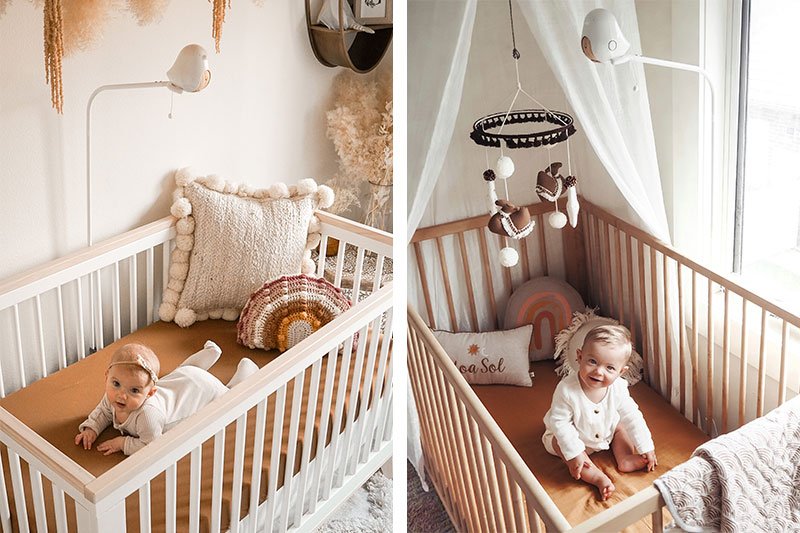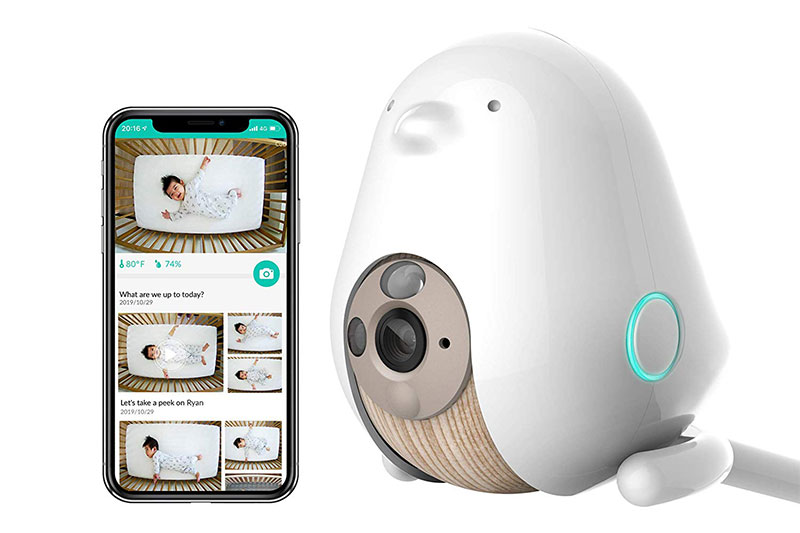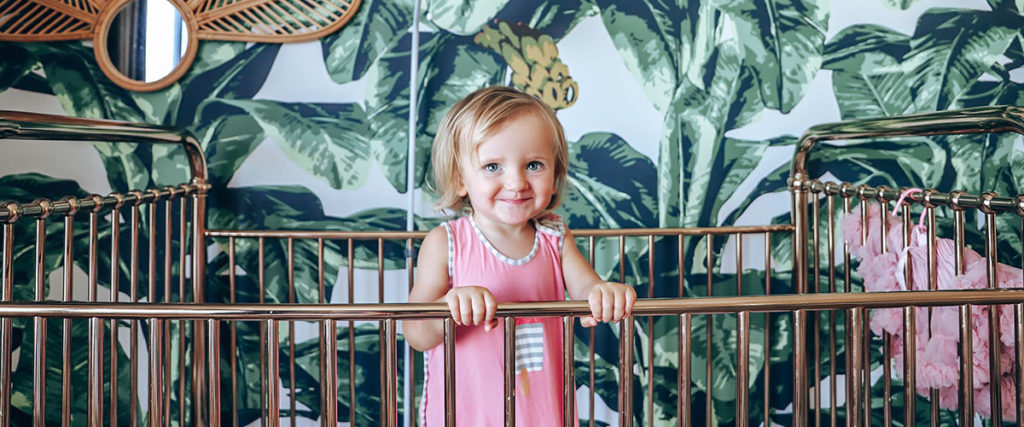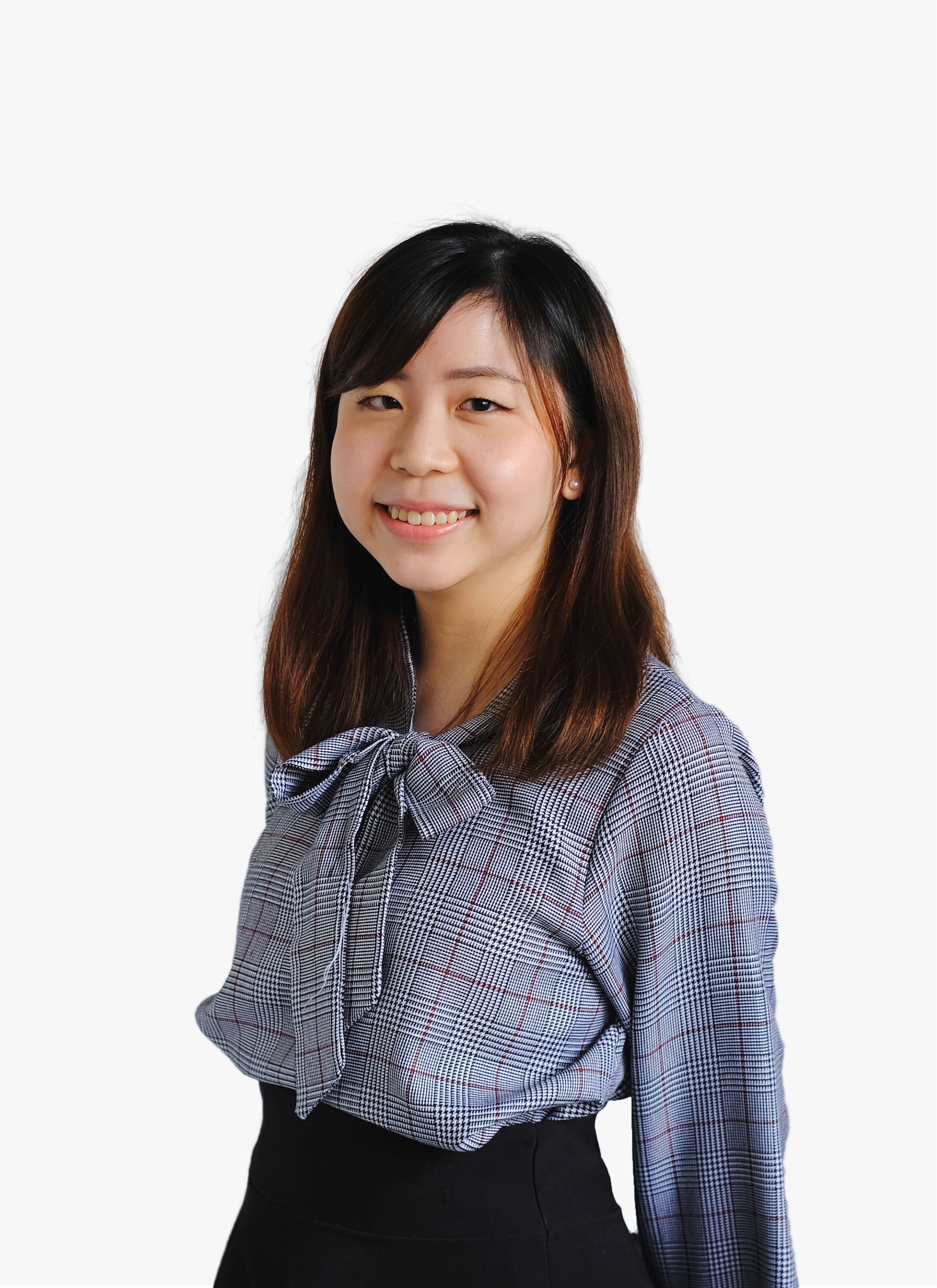Every year, about 3,500 babies in the US are lost to sleep-related deaths. AI-powered baby monitor Cubo Ai aims to minimise these risks.
When Cubo Ai co-founder Joanna Lin finally fell pregnant following 6 IVF attempts, her happiness was palpable – so when she found her baby’s face accidentally covered by a bib, she found herself unable to sleep for months as she worried constantly about her child’s safety.
After experiencing the worries that newborn parents face first-hand, Joanna partnered with Dr Kenneth Yeh, a paediatrician, to design the Cubo Ai Smart Baby Monitor, a safety-focused baby monitor designed to proactively warn parents of dangerous situations. Following the success of their pilot tests with over 6000 parents in 2017, the Taiwanese startup launched globally on Indiegogo in 2019, quickly becoming the most-funded baby monitor in crowdfunding history. We sat down with CSO Brian Lin to discuss how Cubo Ai is helping to protect infants across the globe.

What was the inspiration for Cubo Ai?
The idea for Cubo started when a group of engineers and parents teamed up to create a startup. At that time, one of our founders, Joanna, had just had her baby. About 4 or 5 months in, she was having trouble sleeping at night, checking up on the baby and making sure things were okay. Every time she saw a bib on her baby’s face, she freaked out. She couldn’t even close her eyes without fearing that her baby’s face was covered. Through that process, she realised that there were a lot of problems for new parents that are not being solved by current technology. This seemed to be a good subject to tackle, so from there we started to send out surveys to newborn parents to ask them about their biggest concerns.
What were the biggest problems you found?
Once the surveys came back, we started analysing the problems to see what could be solved with AI technology, and from there, we narrowed it down to the sleeping problem. When a baby’s sleeping and their parents need to go and do something else, they constantly worry about what’s going on. There are baby monitors that can help you keep an eye on the baby, but they don’t really give you any alerts. Traditionally, you can have a sound or a motion alert, but there are a lot of false positives so you constantly have to turn around and check on the baby.
We also went to a paediatrician to understand the biggest concerns that parents might have. We found that Sudden Infant Death (SIDS) is a prevalent issue among parents and that there wasn’t really a good way to handle it. With Cubo, we’re trying to reduce the possibility of SIDS and provide parents with peace of mind.
You might also like ORII: The Smart Ring that Promises a Future of Screenless Connectivity

Could you expand on some of the safety features Cubo Ai offers?
Our most sought-after safety feature is our patented technology for face-covered and rollover detection. Our AI detects when your baby’s face is covered, whether they’re against the side of the crib, playing with a toy during nap time, or got their nightie folded over their face. It sends an alert to your phone so you can intervene before their breathing is affected. The first few times that baby starts rolling over, they might not be able to roll back, so that alert gives parents comfort as well. The main goal with these features is to proactively keep the baby safe, as opposed to using a wearable device that catches accidents when they’ve already affected the baby’s oxygen levels. Additionally, we have a temperature and humidity accessory to keep the baby at a paediatrician-recommended temperature for sleeping.
Finally, we’ve also added safety features for older babies and toddlers, like our ‘Danger-Zone’ alert. You can set a zone that you don’t want your child to enter and receive notifications if and when this occurs.
How has being a dad yourself affected your work at Cubo Ai?
I think parenting is a very different experience. If you have never been a parent, you have no idea how it feels to wake up in the middle of the night, every day, for a month. As a mother, you carry your baby for 10 months, and when that baby is finally born, it is so precious to you. You never want anything bad to happen to them. The amount of love that parents have for newborn babies is so incredible, and along with it comes the worries, so when we’re proposing this idea to parents, we’re trying to give them comfort and peace of mind. And that’s how Cubo is able to get in touch with customers’ concerns – we too are parents. We know how it feels.

Data privacy is a big issue, particularly when data is sensitive to new parents. What challenges have you faced in regards to data privacy?
The biggest challenge regarding data privacy is how informed parents are about their WiFi security. We have implemented end-to-end encryption and two-factor authentication to ensure data privacy – even though we allow sharing your baby’s feed with up to 7 other accounts, you can rest assured that every time someone signs in, you’ll be notified. We take data storage really seriously and, as a safety-focused company, we know that it’s our responsibility to provide security on our end, as well as education for how parents can implement it at home as well. We also use Amazon and Google cloud storage to make sure the data is stored safely.
What’s in store for Cubo Ai?
This year, we’re looking to release a few sleep-related features brought to our attention by parents. From sleep analytics of your baby’s total sleep time, wake-ups, and night-time caregiver visits, to other more comfort-related features, we’re always looking to create the best possible product for our users and continue to help to keep their babies safe.
We’d also like to continue our expansion into a global market. Right now we’re focused on the English-speaking market – the US, Canada, Australia and the UK – and I think the next step is to establish ourselves well within those markets and then expand to other regions, such as Japan, Korea, the rest of Europe, the Middle East, and Southeast Asia. We want to continue to provide solutions for new parents – we always go back to our customers to understand what other problems they’re facing, and we hope to come up with new solutions.
Related Articles
This Japanese Entrepreneur is Developing Smart Pyjamas for an Ageing Population
SEA’s First 24-Hour Smart Container Gym Chain
The Singaporean Startup Creating IoT Solutions to Transform the Energy Industry





